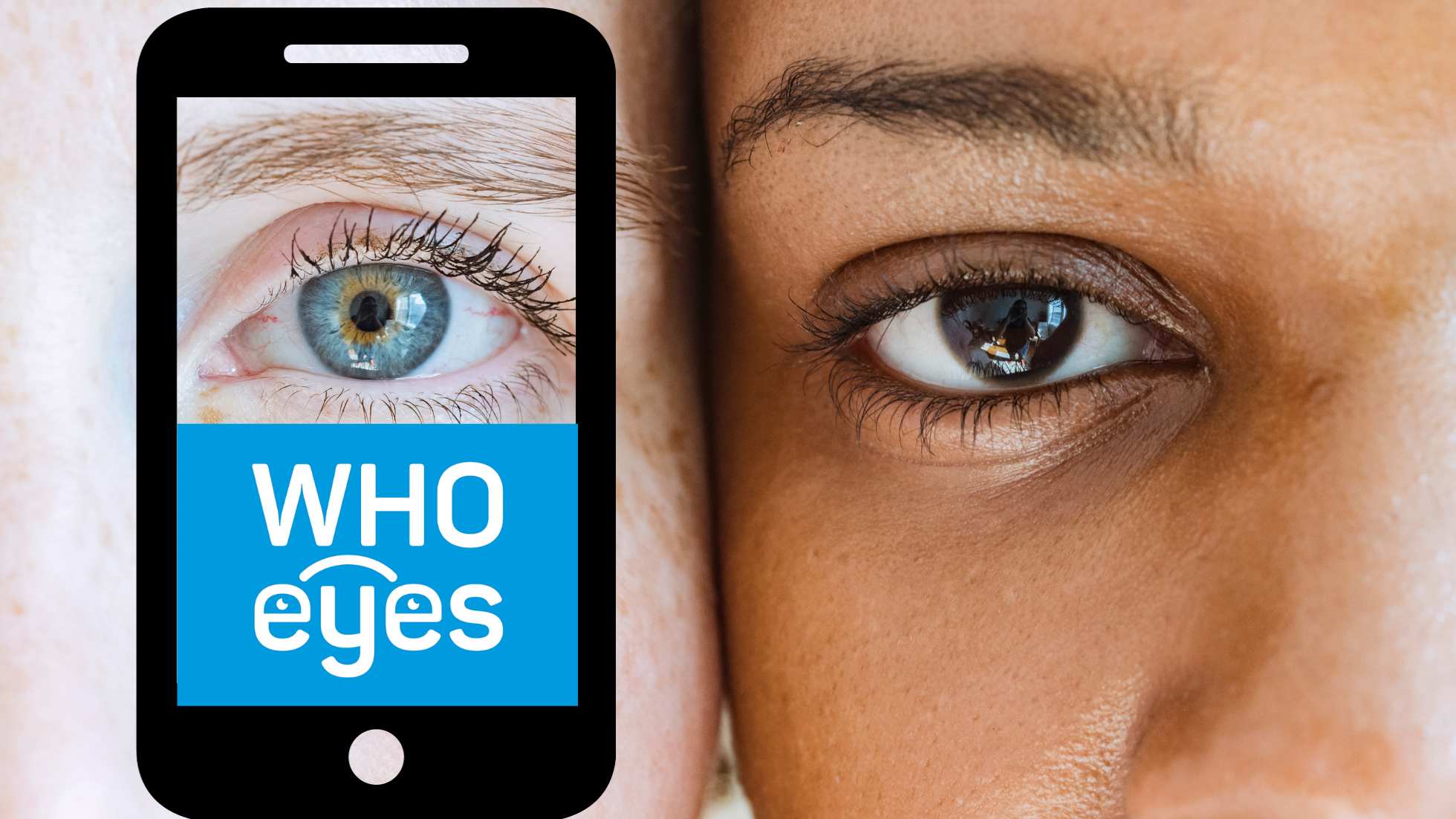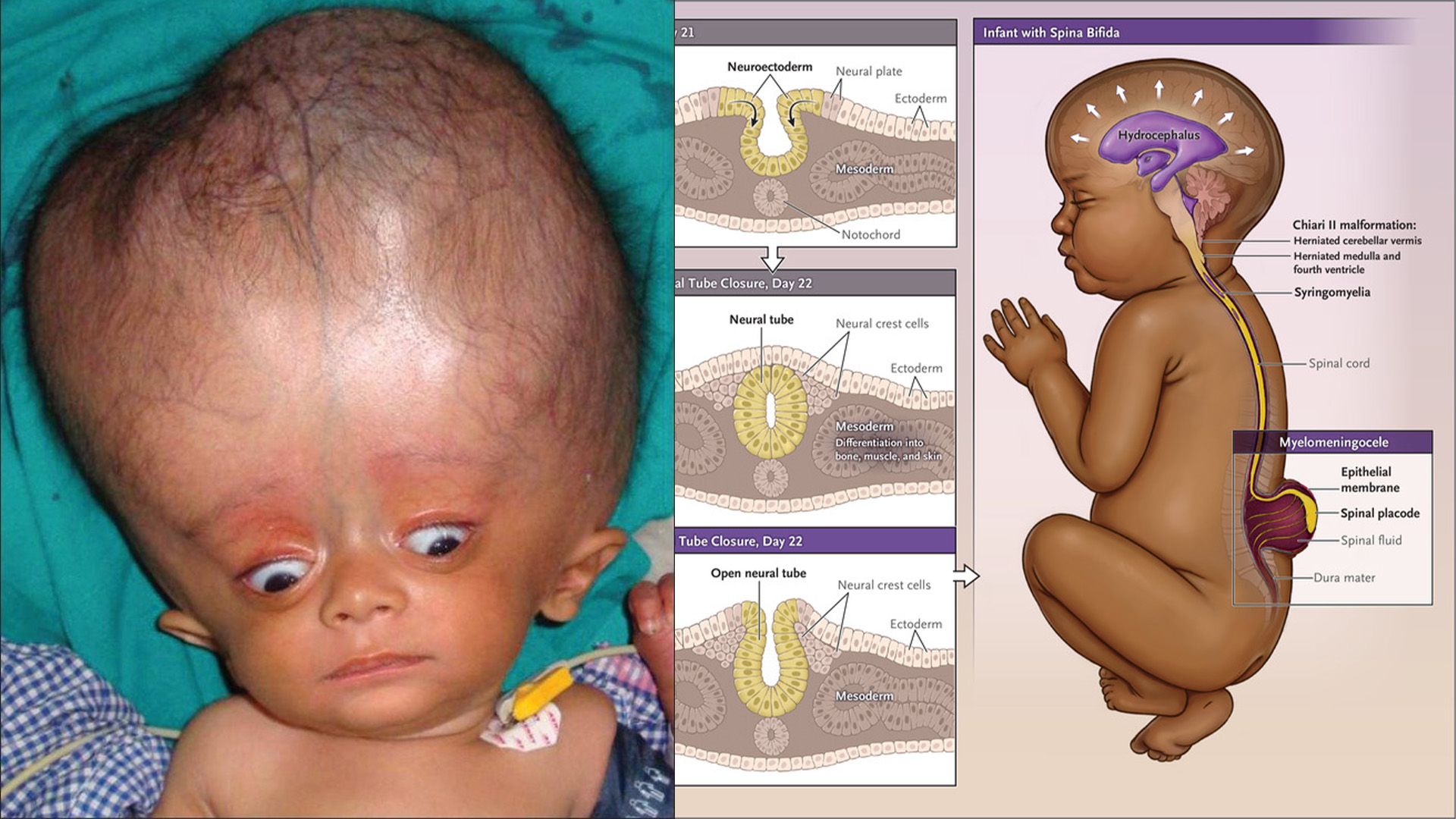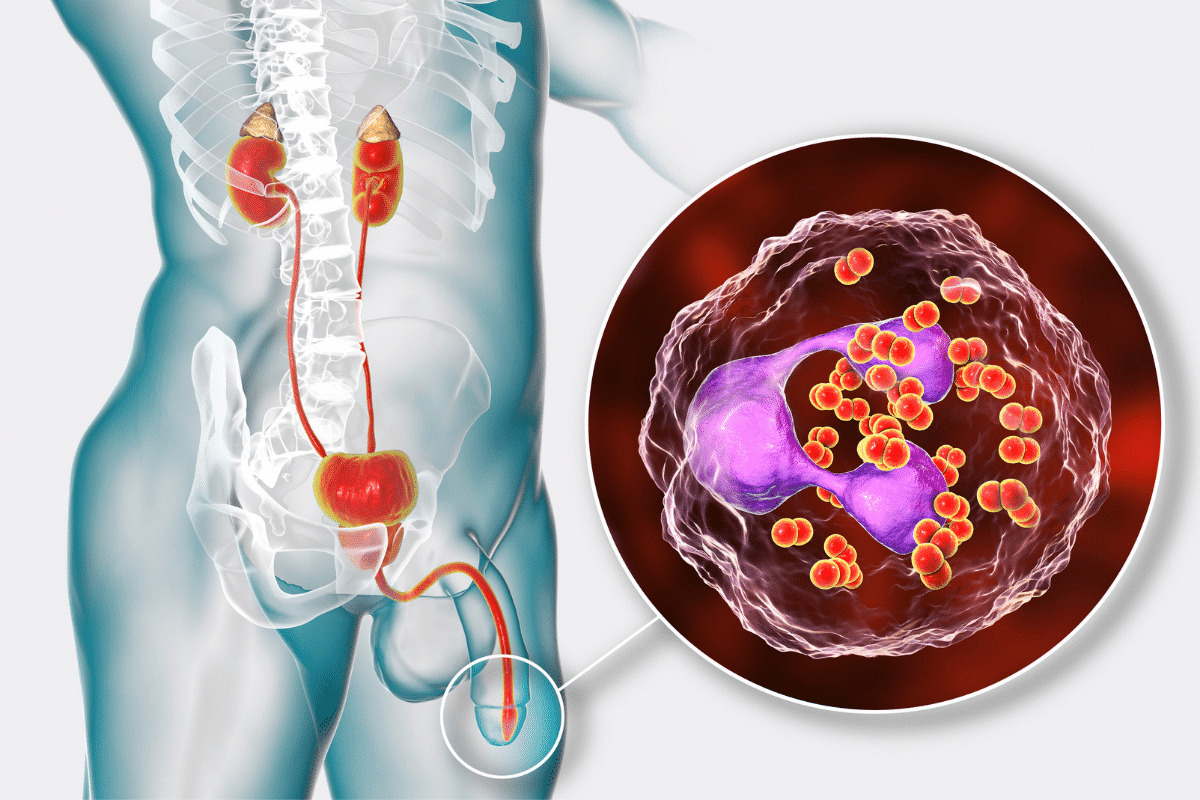
Vision loss can affect people of all ages. Globally, at least 2.2 billion people have a near or distance vision impairment. At least 1 billion of these cases could have been prevented or can be easily addressed with spectacles or cataract surgery. In addition, vision impairment poses an enormous global financial burden, with an estimated US$ 411 billion lost in workplace productivity due to poor vision.
To draw attention to blindness and vision impairment worldwide, every year on the second Thursday of October, World Sight Day is observed. For this year’s celebration, the World Health Organization (WHO) has launched “WHOeyes”, a free app for the general public to check how well they can see things close up and at a distance and learn how they can protect their eyes.
The app checks visual acuity – a measure of how well the eye can distinguish shapes and details at a given distance and is the most common assessment of visual function. It is a simple, non-invasive measure, which is critical to determine if someone has a vision impairment. Many people with vision loss are unaware of it. Regular vision checks can ensure that vision impairment is identified as early as possible, and that action can be taken to preserve eyesight.
Understanding that engaging the public is pivotal to advance the demand for eye care services, WHOeyes targets the entire population aged over 8 years. WHOeyes does not replace the need for regular eye checks by an eye care professional, and its primary objective is to encourage people to seek out eye care. If you suspect you have vision loss, please seek the advice of a qualified professional.
“The WHOeyes app can help people quickly and easily identify potential vision issues that merit further checking by a qualified professional,” said Dr Bente Mikkelsen, WHO Director for Noncommunicable Diseases. “We decided to share this simple eye test and quick tips for eye care on an app, as people use their phones daily, and many people are unaware that they have a vision problem until it is too late.”
Available in all 6 UN languages (Arabic, Chinese, English, French, Russian and Spanish), the WHOeyes app can be downloaded for free both on the Apple App Store and Google Play.




